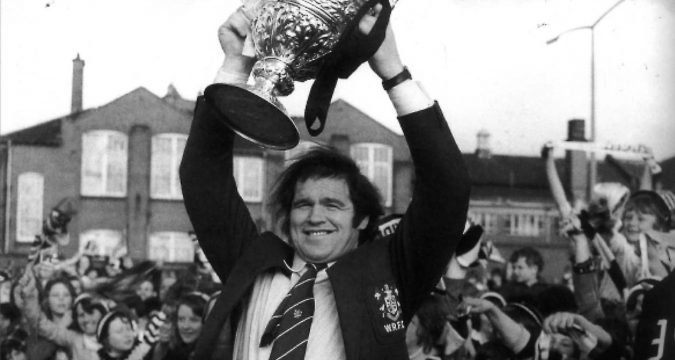 JIM MILLS was one of the most notorious Rugby League players in history, with a disciplinary record to rival anybody’s. He was involved in one of the sport’s most brutal exchanges when he stamped on the head of Kiwi John Greengrass in a World Cup match in 1975. But he was also a wonderfully talented forward, winning selection on five tours to t
JIM MILLS was one of the most notorious Rugby League players in history, with a disciplinary record to rival anybody’s. He was involved in one of the sport’s most brutal exchanges when he stamped on the head of Kiwi John Greengrass in a World Cup match in 1975. But he was also a wonderfully talented forward, winning selection on five tours to t Rugby League Heroes: Jim Mills
 JIM MILLS was one of the most notorious Rugby League players in history, with a disciplinary record to rival anybody’s. He was involved in one of the sport’s most brutal exchanges when he stamped on the head of Kiwi John Greengrass in a World Cup match in 1975. But he was also a wonderfully talented forward, winning selection on five tours to t
JIM MILLS was one of the most notorious Rugby League players in history, with a disciplinary record to rival anybody’s. He was involved in one of the sport’s most brutal exchanges when he stamped on the head of Kiwi John Greengrass in a World Cup match in 1975. But he was also a wonderfully talented forward, winning selection on five tours to t 